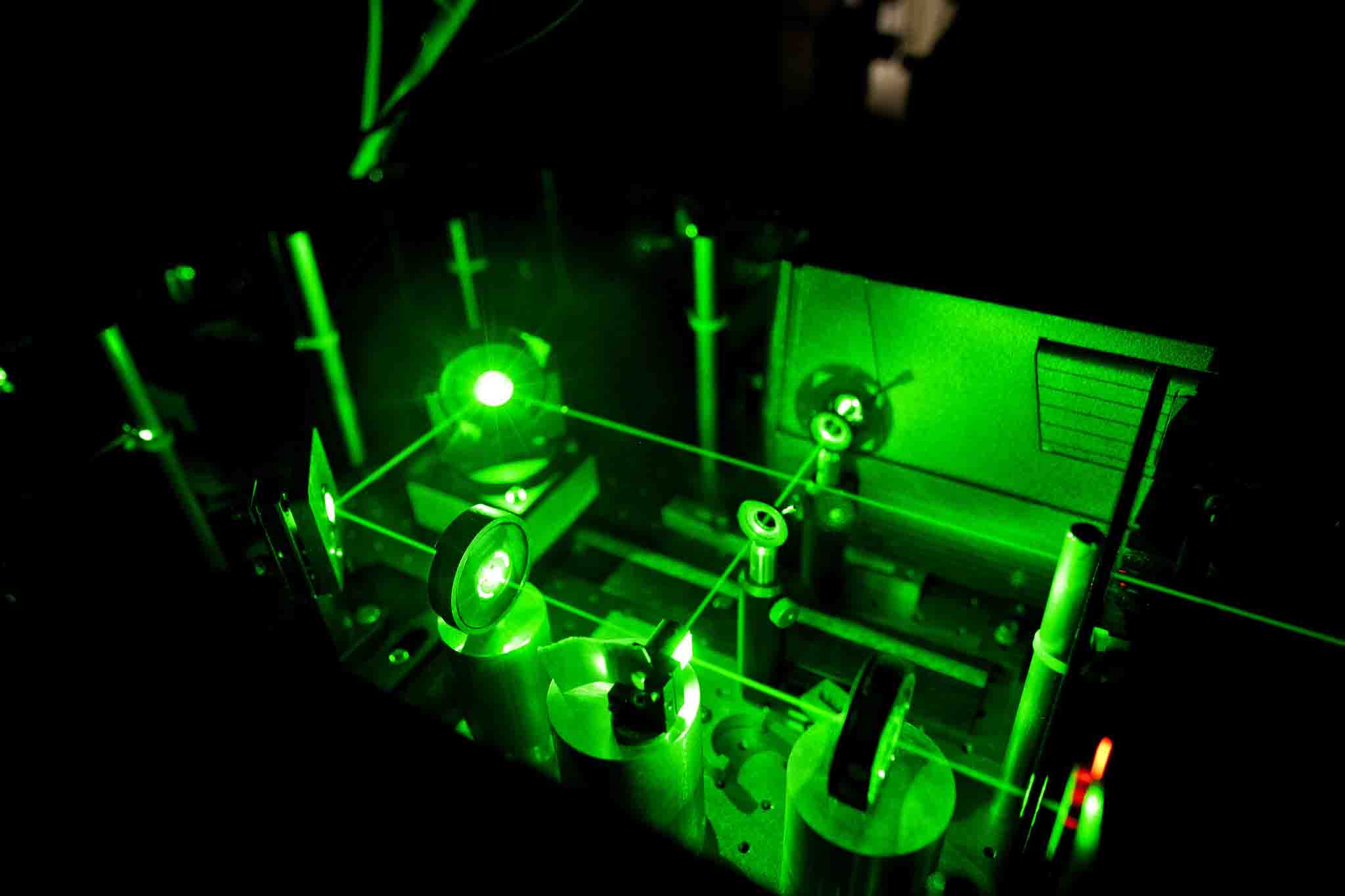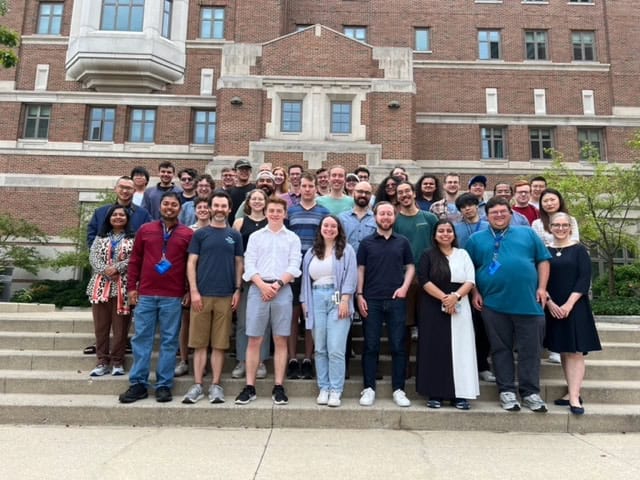
High Energy Density Summer School
Foundations of High Energy Density Physics
Presented Every Other Summer at the University of Michigan, Ann Arbor, Michigan
High-energy-density physics is an actively growing field that exploits the ability of various modern devices to create pressures of millions of atmospheres in dynamic, high-temperature, and even relativistic systems. This field of physics is essential to inertial fusion research, to using such tools to address issues in astrophysics, and to other fundamental studies and applications.
This course provides an in-depth introduction to the field by a number of experienced professors and researchers. The lectures will be based primarily on the book: High-Energy-Density Physics, authored by Prof. R. Paul Drake.
The course is aimed at graduate students, as well as new and experienced scientists who are just entering high-energy-density physics. Both the book and the lectures assume familiarity with partial differential vector calculus. Besides participating in the courses, those who sign up for in-person will also be introduced to the new ZEUS facility at the University of Michigan.
Topics to be covered include:
- Fundamental Equations and Equations of State
- Shocks, Rarefactions, and their Interactions
- Hydrodynamic Instabilities
- Radiative Transfer
- Radiation Hydrodynamics
- Creating High-Energy-Density Conditions
- Inertial Fusion
- Experimental Astrophysics
- Relativistic Systems
- Magnetohydrodynamics
For more information contact: Sabrina Rolland at [email protected].
This event is made possible by the National Nuclear Security Administration, the National Science Foundation, and the Department of Nuclear Engineering and Radiological Sciences at the University of Michigan.
